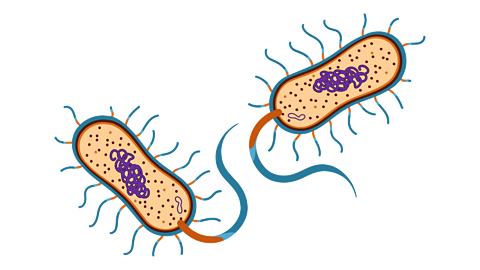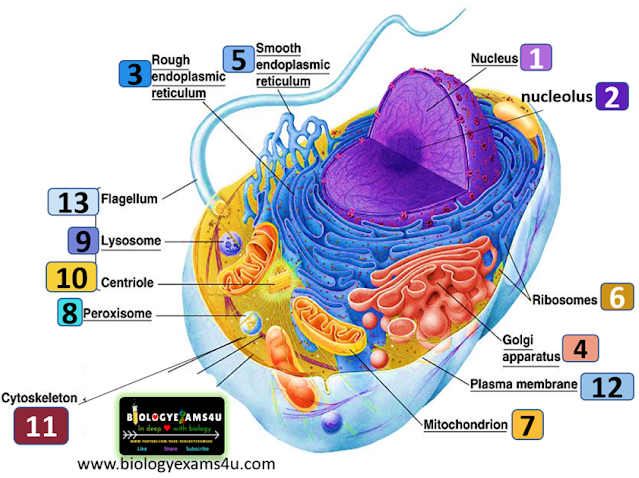This module describes the skills, knowledge and attitude required to carry out hatchery operations.
A hatchery is a facility where eggs are hatched under artificial conditions, especially those of fish, poultry.
The hatchery is a special building with controlled ventilation .it contains machines for holding and incubating large numbers of eggs . the hatchery is designed with hygiene in mind and is laid out so there is little chance of any contaminating organisms traveling back from hatched chicks to eggs brought in later.

- Teacher: Basamiraho Emmanuel
PURPOSE STATMENT: This module describes the skills, knowledge and attitudes required to treat intoxications, nutritional and metabolic disorders. At the end of this module, participants will be able to identify, diagnose and treat intoxications, nutritional and metabolic disorders during the professional work.
- Teacher: JeandeDieu KUBWIMANA
This module describes the skills, knowledge and attitudes required to construct poultry house, apply poultry rearing techniques and control poultry diseases

- Teacher: Callixte MATOVU

- Teacher: Basamiraho Emmanuel
This module describes the skills, knowledge and attitude required to apply livestock extension techniques. It is intended to the learners pursuing TVET Certificate IV in Animal health. Upon completion of this module the learner will be able to assess Farmers' Needs, develop Extension plans, deliver extension services, monitor and evaluate Impact under minimum supervision

- Teacher: Patrick NGABONZIZA
purpose statement: This module describes the skills, knowledge and attitudes required by a veterinary nurse in treating and preventing infectious diseases. Any veterinary nurse has to treat common infectious diseases during his professional work. So, this competence is very important for the Veterinary nurse training. Upon completion of this module, the trainee will be able to: identify common infectious diseases, Perform diagnosis of common infectious diseases, and Perform treatment of common infectious diseases.

- Teacher: JeandeDieu KUBWIMANA
In addition to insufficient food quantity and quality, the low animal productivity is due to the persistence of several animal diseases, some of which are caused by parasites (tick borne diseases, worms, and protozoa.).
These diseases do not only cause the mortality but also the production loss (milk, meat, leather, eggs) loss.
They also entail significant expenses related to their prevention, especially in their treatment.
Cross-breeds from local and exotic breeds and pure exotic breeds easily catch various parasitic diseases.
However, the clinical diagnostic techniques are not always mastered.

- Teacher: Basamiraho Emmanuel
This module describes the skills, knowledge and attitudes required for a learner to be competent in pig farming. At the end of this module, participants will be able to construct a piggery, rear pigs and control pig diseases under minimum supervision

- Teacher: Patrick NGABONZIZA
This module describes the skills, knowledge and attitude to be acquired by the learner to perform the domestic animal physiology. Any veterinary has to manipulate the body of the animal during his professional work

- Teacher: Callixte MATOVU
